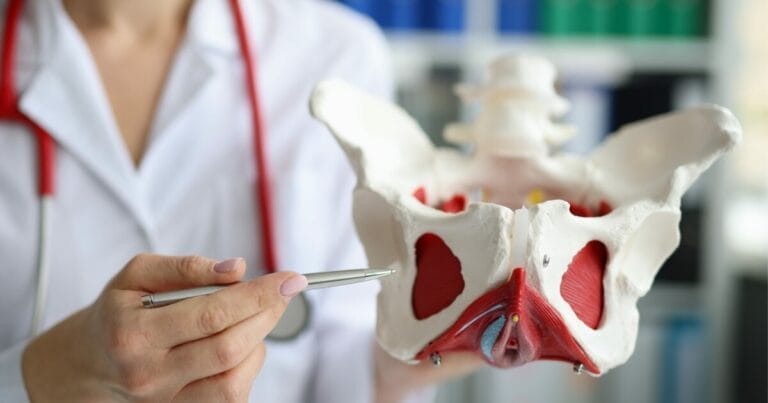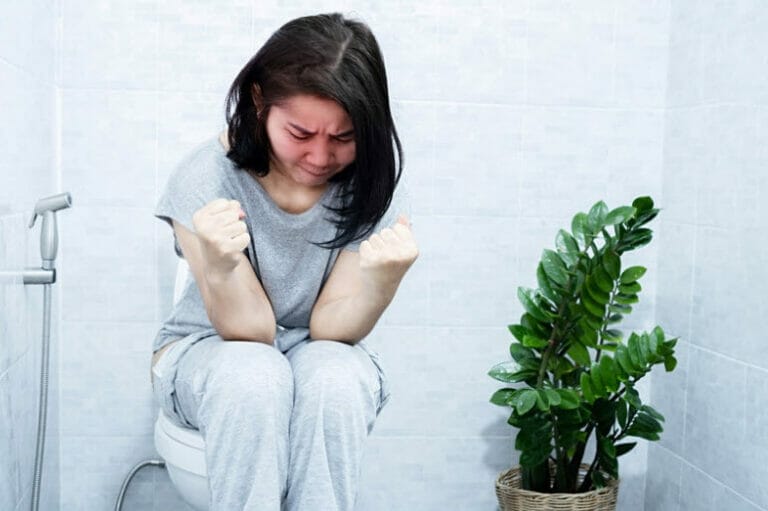A Guide to Managing Urinary Urgency: Tips for Finding Relief
Do you experience moments of sudden, overwhelming urges to urinate? Are you looking for relief? If so, you’ve come to the right place! This article is a guide to managing urinary urgency and provides tips for finding relief. Urinary urgency is a common condition that can be caused by a variety of factors, and it…
Do you experience moments of sudden, overwhelming urges to urinate? Are you looking for relief? If so, you’ve come to the right place! This article is a guide to managing urinary urgency and provides tips for finding relief. Urinary urgency is a common condition that can be caused by a variety of factors, and it is important to understand the underlying cause before seeking treatment. We will explore the causes, symptoms, and treatments associated with urinary urgency to help you find the relief you need.
What is Urinary Urgency?
Urinary urgency is a common condition characterized by a sudden and overwhelming urge to urinate. It is often accompanied by discomfort and pressure in the lower abdomen and/or lower back, and is often associated with an inability to control urination. Urinary urgency may be caused by a variety of factors, including overactive bladder syndrome, urinary tract infections, toxins from food, or changes in hormones. Some medical conditions, such as diabetes, can also lead to the onset of urinary urgency.
In some cases, urinary urgency can be managed through lifestyle changes such as reducing caffeine and alcohol intake, avoiding certain foods, and increasing water intake. Other treatments include medications, pelvic floor exercises, or surgical procedures. It is important to speak with your doctor or healthcare provider to determine the underlying cause of your urinary urgency and the best treatment options for you. With the right care and treatment, you can find relief from urinary urgency and enjoy a better quality of life.
Understanding the Causes of Urinary Urgency
The exact cause of urinary urgency is not always clear as this condition can be related to a variety of physical, psychological, and lifestyle factors.
A physical cause of urinary urgency can include an infection, inflammation of the bladder, or a narrowing of the urethra. It can also be caused by an obstruction in the bladder or prostate, and oftentimes, can also be caused by an enlarged prostate.
Psychological factors are also important factors to consider as it relates to urinary urgency. This can include chronic stress, a sudden stressful situation, or anxiety.
Nutrition, diet, and use of medications are examples of lifestyle factors that can lead to urinary urgency.For instance, people who do not drink enough fluids or who consume too much caffeine may experience urinary urgency. Additionally, certain medications, such as diuretics, can significantly increase the need to urinate.
Recognizing the Signs and Symptoms of Urinary Urgency
It is important to be aware of the signs and symptoms associated with urinary urgency in order to seek proper treatment. Symptoms may include feeling a need to urinate more frequently than usual, having difficulty starting the flow of urine, and having an urge to go to the bathroom that is difficult to control. Other symptoms of urinary urgency include pain or burning during urination, waking up frequently throughout the night to urinate, and a feeling of being unable to empty the bladder completely.
Recognizing the signs and symptoms of urinary urgency can help you find the relief you need. If you suspect that you may be experiencing urinary urgency, it is important to seek medical advice. Your doctor can provide an accurate diagnosis and recommend a treatment plan that is tailored to your individual needs.
Treatments for Urinary Urgency
Treatment of urinary urgency depends on the underlying cause. For physical causes, treatment may include antibiotics or other medications to reduce inflammation.
For psychological causes, relaxation techniques, stress management, deep breathing, guided imagery, progressive muscle relaxation, exercise, and cognitive-behavioral therapy can be beneficial.
In cases where lifestyle factors are contributing to the condition, reducing caffeine, citrus drinks, and alcohol intake may be recommended, while also encouraging an increase in water consumption. Staying hydrated helps reduce the concentration of urine, which can help reduce the feeling of urgency. If the cause remains unknown, medications such as anticholinergics or alpha blockers may be prescribed to relax the bladder muscle and reduce urgency.
Pelvic floor physical therapy treatment, which incorporates different exercises and strategies to help reduce urinary urgency is also very beneficial in treating this condition. Strengthening the pelvic floor muscles can help reduce bladder spasms and the sensation of urgency. When prescribed by a pelvic floor therapist, the exercises can be done in the comfort of one’s home.
It is also important to ensure that you are drinking enough water throughout the day. Staying hydrated can help to reduce urinary urgency, as it can help to flush out any bacteria or irritants that may be in the bladder. Additionally, it is important to avoid caffeine and alcohol, as these can be bladder irritants that can worsen your symptoms.
Lastly, it is important to use the restroom regularly and not to try to “hold it” for too long. Regular urination can help to keep your bladder healthy and reduce your symptoms. By making a few simple lifestyle changes, you can find relief from your urinary urgency.
When to See a Doctor for Urinary Urgency
If you are experiencing urinary urgency, it is important to seek medical help. Your doctor may be able to provide more targeted treatment options and help you manage your condition. With the right tools and lifestyle modifications, you can find relief from urinary urgency and gain control over your bladder health.







